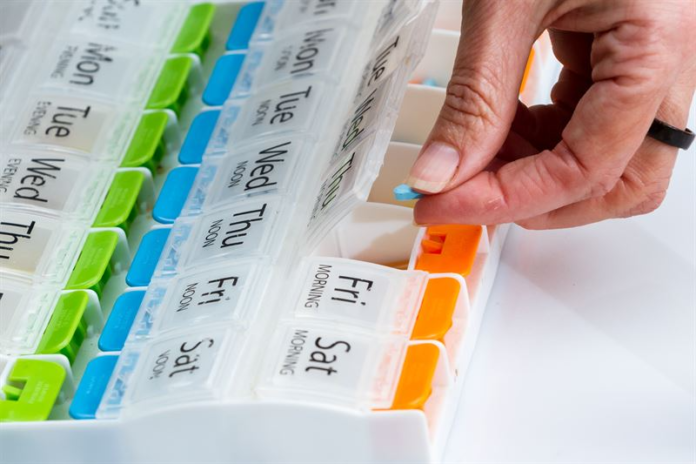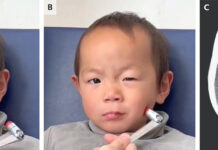Class of antibiotics, amino-glycosides may be a promising treatment for frontotemporal dementia.
Frontotemporal dementia is a common type of early-onset dementia that manifests with progressive atrophy of the frontal and temporal lobes. It accounts for 5% to 26% of cases of dementia in different populations. The disease typically begins between the ages 40 and 65 years and is highly heritable and causes mutations in progranulin, involved in lysosomal processes, secretions and endocytosis. Currently, there is no effective treatment for the disease. However, a recent study published in the journal Human Molecular Genetics has shown that a class of antibiotics, amino-glycosides may be a promising treatment for frontotemporal dementia.
Frontotemporal dementia causes changes in the frontal and temporal lobes of the brain and causes changes in behaviour, memory deterioration and difficulty speaking. The disease causes genetic mutation that prevents brain cells from making the protein progranulin. Although the protein is not well understood, its absence is linked with the disease process. The findings are promising for drug development. Researchers found that, these patients’ brain cells have a mutation that prevents progranulin from being made”.
The study by Matthew Gentry, a co-author of the study and the Antonio S. Turco Endowed Professor in the Department of Molecular and Cellular Biochemistry. Haining Zhu, Department of Molecular and Cellular Biochemistry, University of Kentucky, Lexington, KY, and colleagues found that adding a small molecule of the antibiotic can trick the cells into making progranulin. “These patients’ brain cells have a mutation that prevents progranulin from being made,” the authors state.
The study found that Gentamicin and G418 were effective in fixing the mutation
Researchers found that two specific aminoglycoside antibiotics, Gentamicin and G418 are effective in making the functional progranulin protein and fixing the mutation. The protein was added to the affected cells. In conclusion, the study showed that the protein levels of the affected cells recovered up to about 50% to 60% with the antibiotics. After preclinical proof of the study, the antibiotics were tested on mice with the mutation that causes frontotemporal dementia. “If we can get the right resources and physician to work with, we could potentially repurpose this drug. This is an early stage of the study, but it provides an important proof of concept that these aminoglycoside antibiotics or their derivatives can be a therapeutic avenue for frontotemporal dementia,” said Zhu.
Although the medication is FDA-approved, the study is also focused on developing safer and more effective compounds from Gentamicin and G418. The clinical use of the antibiotics is also limited because of its association with a number of different side effects.
References
Antibiotics Could Be Promising Therapy For Certain Forms Of Dementia https://speciality.medicaldialogues.in/aminoglycosides-could-be-promising-therapy-for-frontotemporal-dementia




